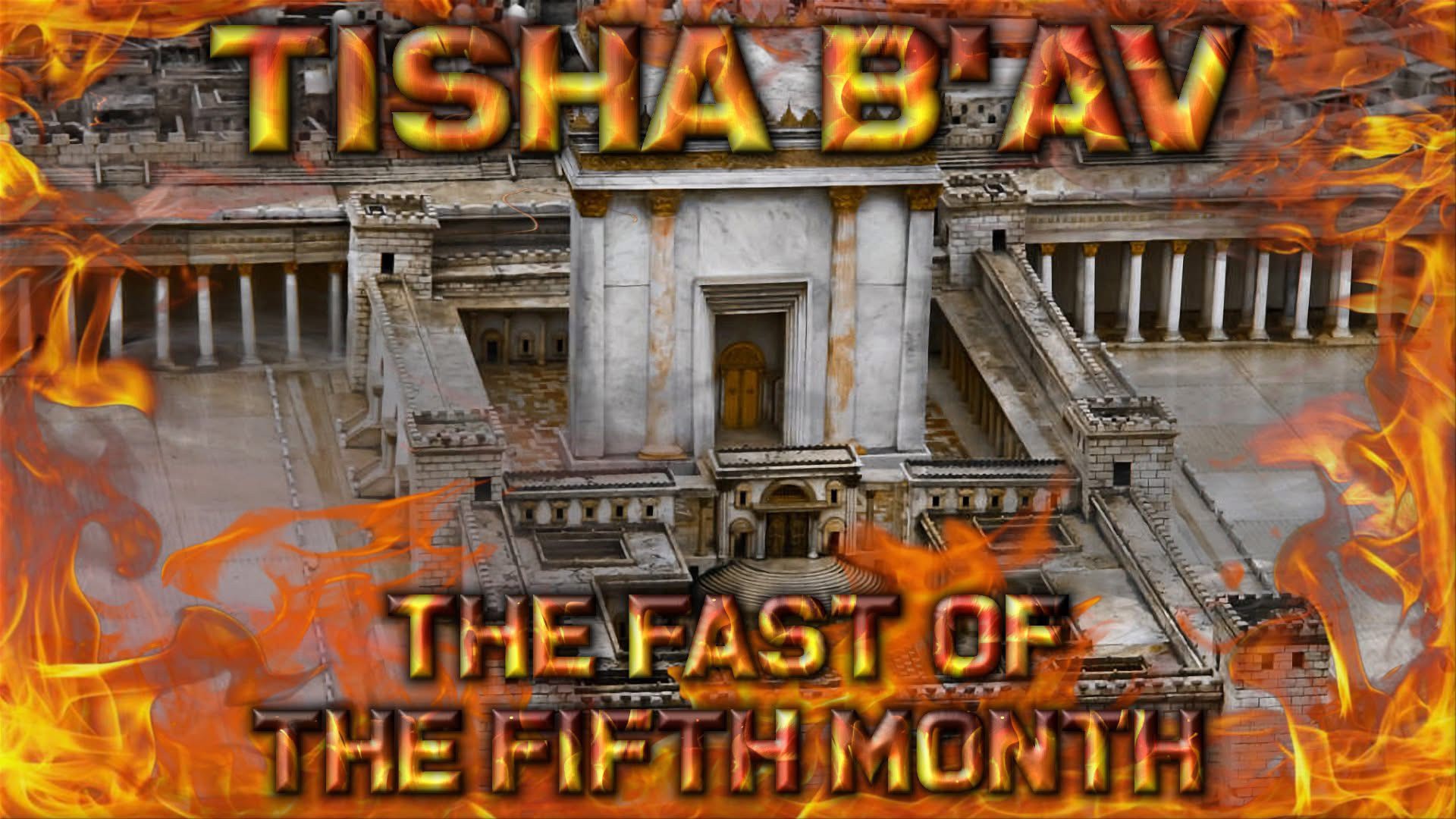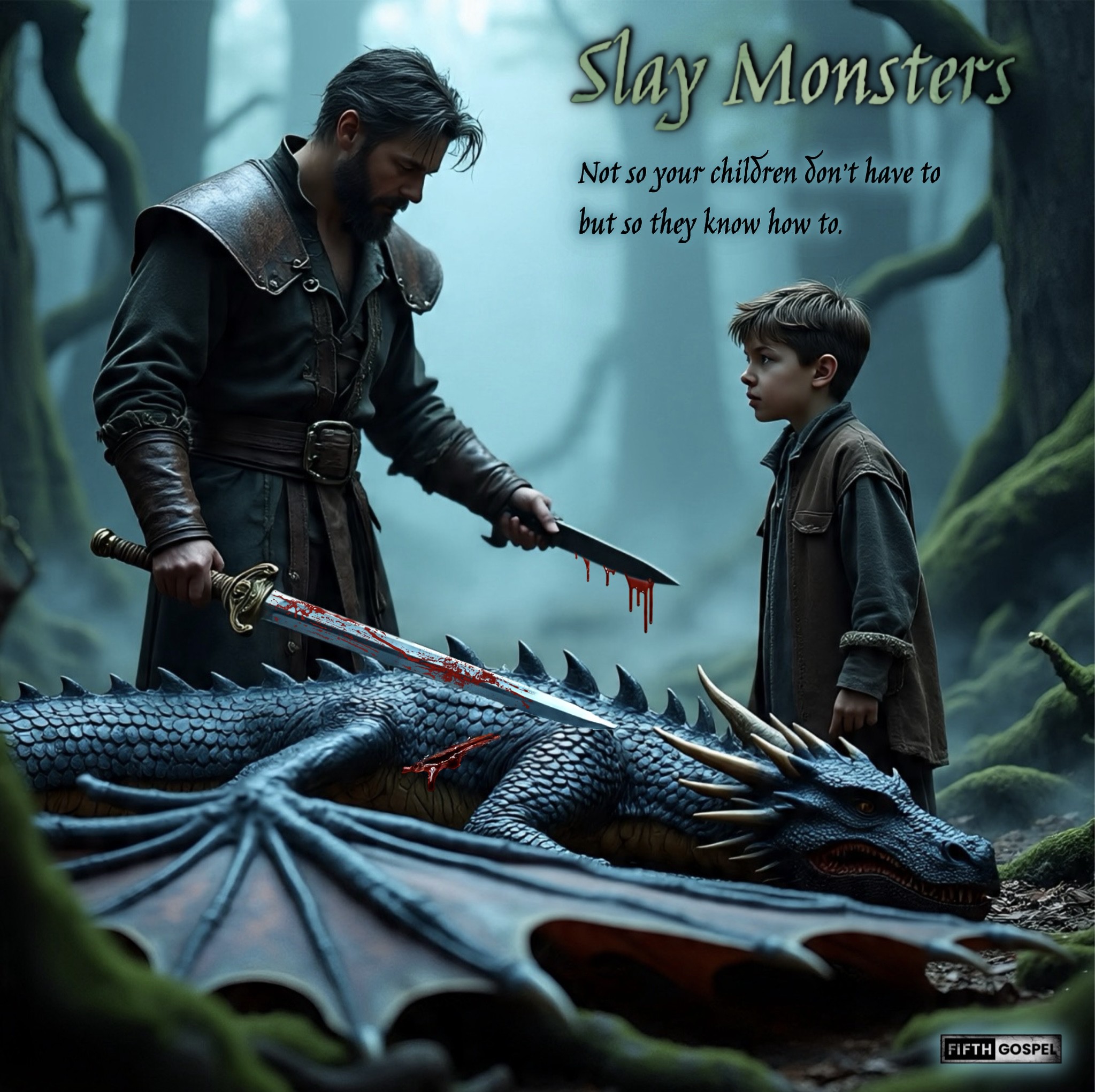Watch
Events
Articles
Market
More
8/4/2025
TZOM LACHODESH HACHAMISHY
Tzom Lachodesh Hachamishy, also known as Tisha B’av (the 9th of Av), is the “Fast of the Fifth Month” listed in Zekaryah 8:19. It brings to a formal close the three weeks encompassing the Sabbaths of Admonition. The day is a solemn fast of mourning for the destruction of both the first and second Temples in 586 B.C.E. and 70 C.E, as well as several other national calamities that have come upon the people of Yisrael throughout history on this same day because of their many sins. Normal routines are set-aside and prayers of repentance and supplication are said. When Tzom Lachodesh Hachamishy falls on a weekly Sabbath, its observance and fasting are deferred to the following day.
The scripture readings are: Devarym 4:25-40 and Yirmeyahu 8:13-9:23 in the morning; and Sh’moth 32:11-14 and Yeshayahu 55:6-56:8 in the afternoon; and the book of Ekah (Lamentations). The book of Ekah carries the spirit of this sorrowful fast day, and includes the verses which say:
“Remember, O YHWH, what has come upon us. Look, and see our reproach! Our inheritance has been turned over to strangers, And our houses to foreigners. We have become orphans, fatherless, Our mothers are like widows. We had to pay for our drinking water, And our wood comes at a price. We have been pursued close onto our neck, We have labored and had no rest. To Mitsrayim we have given a hand; To Ashshur, to be satisfied with bread. Our fathers sinned, they are no more. We have borne their crookednesses. Servants have ruled over us; There is no one to deliver from their hand. With our lives we bring in our bread, Because of the sword of the wilderness. Our skin has become as hot as an oven, Because of the burning heat of scarcity of food. They have humbled the women in Tsiyon, The maidens in the cities of Yehudah. Rulers were hung up by their hands, And elders were not respected. They have taken young men to grind, And youths stumbled under loads of wood. Elders have ceased from the gate, Young men from their song. The joy of our heart has ceased, Our dancing has turned into mourning. The crown has fallen from our head. Woe to us, for we have sinned! Because of this our heart has been sick, Because of these our eyes have become dim, Because of Mount Tsiyon which is laid waste; Foxes have gone roaming in it. You, O YHWH, remain forever, Your throne from generation to generation. Why do You forget us forever, Forsake us for length of days? Turn us back to You, O YHWH, And let us turn back, Renew our days as of old.”
And,
“Remember my affliction and my anguish, The wormwood and the gall. Your soul indeed remembers and bows down upon me. This I recall to my mind, therefore I hope: The mercies of YHWH! For we have not been consumed, For His compassions have not ended. They are new every morning. Great is Your faithfulness. “YHWH is my Portion,” says my being, “Therefore I wait for Him!”
Here is a list of just a few other catastrophes that occurred on this same day, the ninth day of the fifth Hebrew month:
1. The Spies Returned With a Bad Report
2. Both Holy Temples Were Destroyed
3. The Battle at Betar Was Lost
4. The Romans Plowed the Beit Hamikdash
5. The Jews Were Expelled From England
6. The Jews Were Banished From Spain
7. Both World Wars Began
Brothers and sisters in Messiah, spend this day in prayer and fasting, mourning the loss of YHWH’s Temple here on earth, repenting of your sins and those of the rest of His people, and looking forward to a new Temple at Yerushalayim with the restoration of His kingdom.
“Thus said YHWH of hosts, ‘The fast of the fourth, and the fast of the fifth, and the fast of the seventh, and the fast of the tenth months, are to be joy and gladness, and pleasant appointed times for the house of Yehudah – and they shall love the truth and the peace.’” Thus said YHWH of hosts, ‘Peoples shall yet come, inhabitants of many cities, and the inhabitants of the one go to another, saying, “Let us earnestly go and pray before YHWH, and seek YHWH of hosts. I myself am going.” And many peoples and strong nations shall come to seek YHWH of hosts in Yerushalayim, and to pray before YHWH.’”
Have a blessed fast, chaverym,
Ovadyah




#wordofyah #theactsoftheapostles



Thought for Today: Sunday August 03
During the Moshiach’s ministry on earth, He had no permanent home. What a contrast to the home He left in order to come to earth – His heavenly home. Out of Love for us, He left heaven’s glory for earth’s misery. But the story does not end there, now He has returned to heaven, and some day we can join Him there. If you look up to the sky at night and you see the beautiful milky-way, the starts and moon – if that is so beautiful down here, just think how beautiful it must be in and from heaven’s side.



It has been an age old trap to want our children to have it easier than we did. That desire is a corruption of the want for our children to have it better than we did. But easy is not better, and evil never sleeps nor dies till the ending of the world.
A better world and an easier one will both be filled with monsters… But in an easier world, the monsters will be ourselves.
There’s a darkness in the human heart that’s only held in check by pain and suffering and hardship. It is the struggle that makes us strong and in those battles we make ourselves better. And as residents of this world, we make our world better for our children to inherit.
We don’t slay monsters, so our children won’t have to… We slay monsters so our children know how to.
Should we not show them how, then the future will be lost for them. They will become weak and subject to the beasts who have made themselves strong. And in time they will become beasts themselves preying upon the weak yet by more secretive means.
Weakness is a quality which breads more weakness and creates a craven creature craving comfort and incapable of answering the call to defend the helpless…even when the helpless is the self.
Every age will have evil in it. And in every age we will be tasked to battle beasts, dragons, and all manner of monsters. The only way to know how is to be shown by those who were victorious before us.
#questioneverything
#getbiblical
templecrier.com



